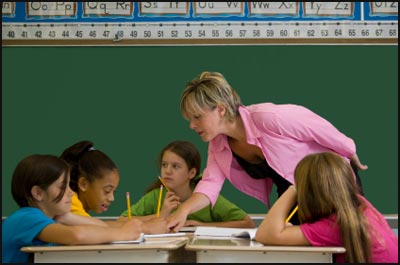Being Your Best Self are words that resonate with me. It may sound silly because who doesn’t want to be their best self? Therein lies the conundrum. Does everyone automatically think they are doing the best they can? Or, are some so hypercritical that they never feel they are doing their best. What is your “best?”
A great teacher of mine once told me there will always be someone better, someone younger, someone with more talent, someone with….
These words always replay in my mind as truly simple but great wisdom. The intention was to motivate, to work harder, to excel, to do better. Along with accepting these words as truth is the reality that it will always be that way, not to give up, just continue to work hard and persevere. Don’t be satisfied with yourself because you know someone is better, but rather use that to strive for your own best self. It is the old “fulfill your potential.”
At the same time, it infuriates me when someone says “I am doing the best I can.” Who am I to judge? Do we take those words seriously, or is that a cop-out to allow one to do the work that is needed, the minimum, or excuse one’s performance entirely. Think about it–what is the objection to “I am doing the best I can.” Work harder?
I believe in striving for excellence, on whatever scale-your peers, the state or the world. We talk about this pursuit in the education world as “grit.”
Merriam-Webster defines grit as firmness of mind or spirit : unyielding courage in the face of hardship or danger.
Wikipedia says Grit in psychology is a positive,
non-cognitive trait based on an individual’s passion for a particular long-term goal or endstate
coupled with a powerful motivation to achieve their respective objective.
This perseverance of effort promotes the overcoming of obstacles or challenges
that lie within a gritty individual’s path to accomplishment and serves as a driving force in achievement realization.
In teaching students, one must model work ethic and values. Kids are a great testing ground. They know the real thing when they see it. If you tell them to do one thing, but you aren’t doing it, it won’t happen. I always thought of this as high standards, not the ones to evaluate what students are to know and be able to do, but a code of ethics or performance. I can’t tell you if this behavior is a given talent or cultivated. I do know that a model is essential. Everyone wants to know and understand what will benefit students in their education, more mathematics, more science, certainly more rigor. How does that happen? How can we teach the lessons of resilience and resourcefulness? Be sure students fail and pick themselves up and keep going?
Role models matter.
Remember this: Children are a non-stop recording device of everything you do and say. I am not discounting our humanness. That is important too. But acknowledge mistakes and learn from them. That example teaches grit and resilience and humanity at the same time. All the great rigorous curriculum in the world won’t do anything without the values of hard work and determination. Can you teach that by telling someone to do it?

Leave a comment